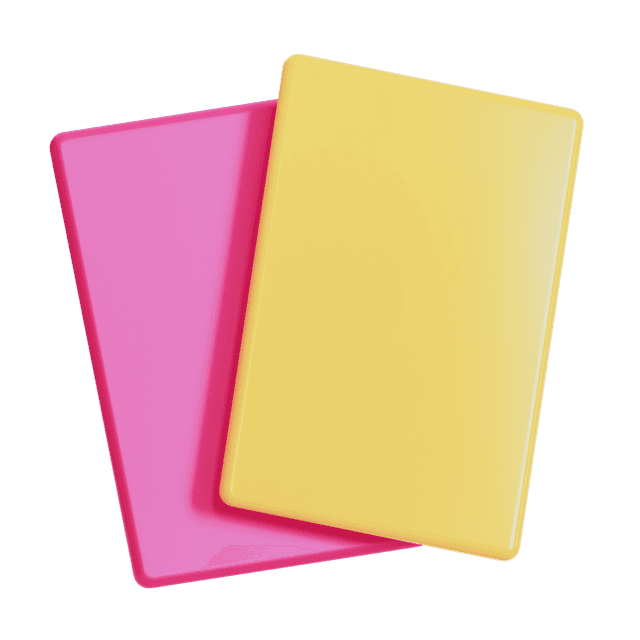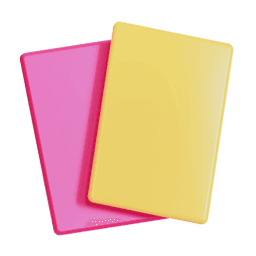Writing Methods
Ethan Taylor
5 min read
Study Guide Overview
This study guide covers pass-by-value for primitive and reference variables in Java. It focuses on writing methods in Java classes, including examples for an Assignment and Student class. The guide demonstrates method structure with Javadoc comments, new instance variables, and explains method headers (access modifiers, return types, method names, and parameters).
Now, it’s time to write most of the rest of our methods. But first, a quick reminder about pass-by-value from Unit 2. When we put a primitive variable in as a parameter, we are giving the method a copy of that value so if you change the value of that variable, it does not get carried over to outside that method.
Meanwhile, if you put a reference variable or object as a parameter, it passes a copy of the reference to the method. Changing the value of the variable has the same effect as a primitive variable, but changing information about the variable (such as using a getter method) will carry over outside the method as well. Normally we do not want to modify mutable objects that are passed in as parameters.
#Writing Methods
Now, we will write some of the methods for our two classes (others will require information from future topics). Take note of the Javadoc comments and also new instance variables that we have added in order for these methods to work. Any changes we have made to the class will be bolded as in previous topics.
#Java Example
/** Represents an assignment that a student will complete
*/
public class Assignment {
private boolean correctAnswer; // represents the answer to an assignment, either T/F
/** Makes a new assignment with one True/False question and sets the correct answer
*/
public Assignment(boolean answer) {
correctAnswer = answer;
}
/** Prints details about the assignment
*/
@Override
public String toString()) {
return "This is an assignment with correct answer " + answer;
}
**/** Grades an assignment, returns true if correct, false if incorrect
*/
public boolean gradeAssignment(boolean studentAnswer) {
return studentAnswer == correctAnswer;
}**
}
/** Represents a high school student
*/
public class Student {
private int gradeLevel; // a grade between 9-12
private String name; // the students name in the form "FirstName LastName"
private int age; // the student's age, must be positive
private Assignment assignment; // the current assignment the student is working on
**private int assignmentsComplete; // number of assignments completed
private int correctAssignments; // number of correct assignments**
/** Makes a new student with grade gradeLev, name fullName, and age ageNum
*/
public Student(int gradeLev, String fullName, int ageNum) {
gradeLevel = gradeLev;
name = fullName;
age = ageNum;
assignment = null; // There is no active assignment at the moment
**assignmentsComplete = 0; // no assignments complete yet
correctAssignments = 0;**
}
/** Returns the student's grade level
*/
public int getGradeLevel() {
return gradeLevel;
}
/** Returns the student's name
*/
public String getName() {
return name;
}
/** Returns the current assignment the student is working on
*/
public Assignment returnCurrentAssignment()) {
return assignment;
}
/** Prints details about the student
*/
@Override
public String toString() {
return name + ", a " + gradeLevel + "th grade high school student has an average grade of " + averageGrade + ".";
}
/** Changes the student's name
*/
public void setName(String fullName) {
name = fullName;
}
/** Changes the student's grade level
*/
public void setGradeLevel(int gradeLev) {
gradeLevel = gradeLev;
}
**/** Submits an assignment
*/
public void submitAssignment()) {
boolean grade = assignment.gradeAssignment();
assignmentsComplete++;
if grade {
correctAssignments++
}
}
/** Calculates the student's grade as a decimal**
***/
public double getGradeDecimal()) {
return (double) correctAssignments / assignmentsComplete;
}**
}
#Format
The typical format of a method header is
- Access modifiers for Java methods can be: public, private, or protected. One of these three can be followed by static, which we will discuss in the next topic. We will talk more about access modifiers in Topic 5.8. - Return type can be: void, String, boolean, int, double, float, char, etc.
- Method name can be anything, but usually something descriptive that allows you to infer what the method does.
- You can have any number of parameters or no parameters. Here are some examples of method headers:
public static void main (String args[])
private String sayHello ()
protected static int addNums (int a, int b)
public void printSum (double a, double b, int c, boolean flag, String text)
Continue your learning journey

How are we doing?
Give us your feedback and let us know how we can improve





